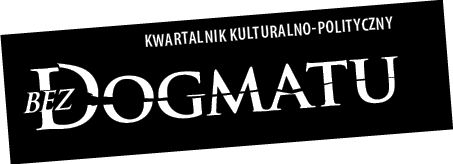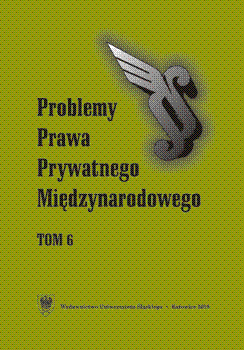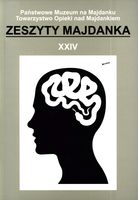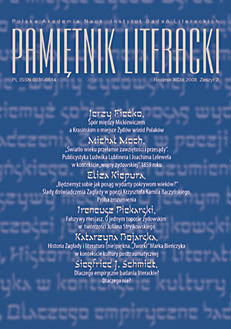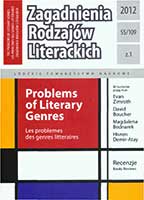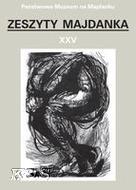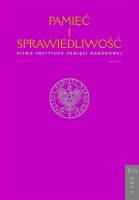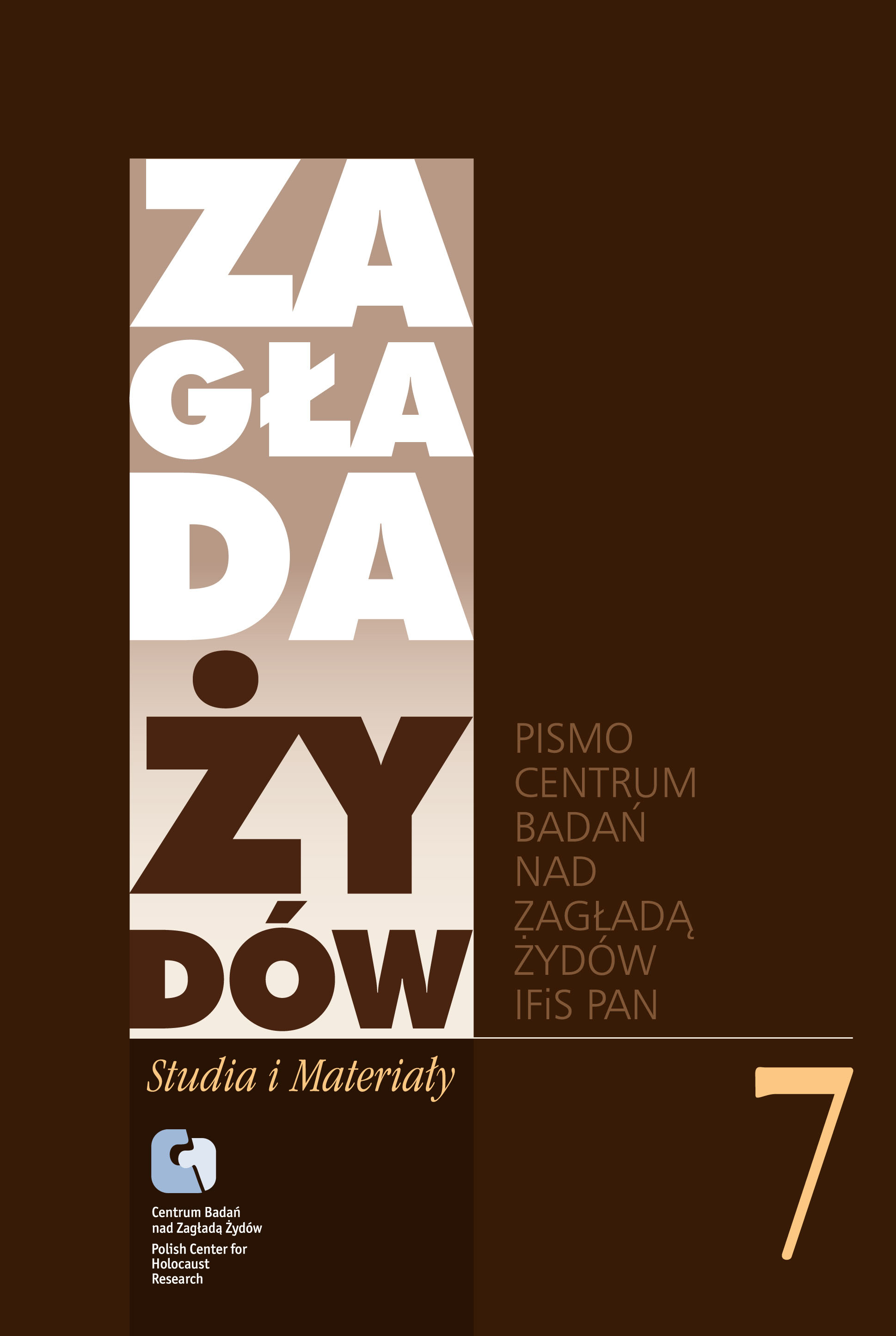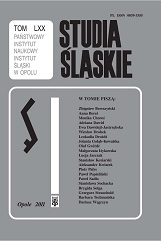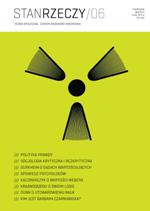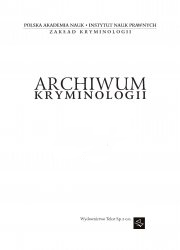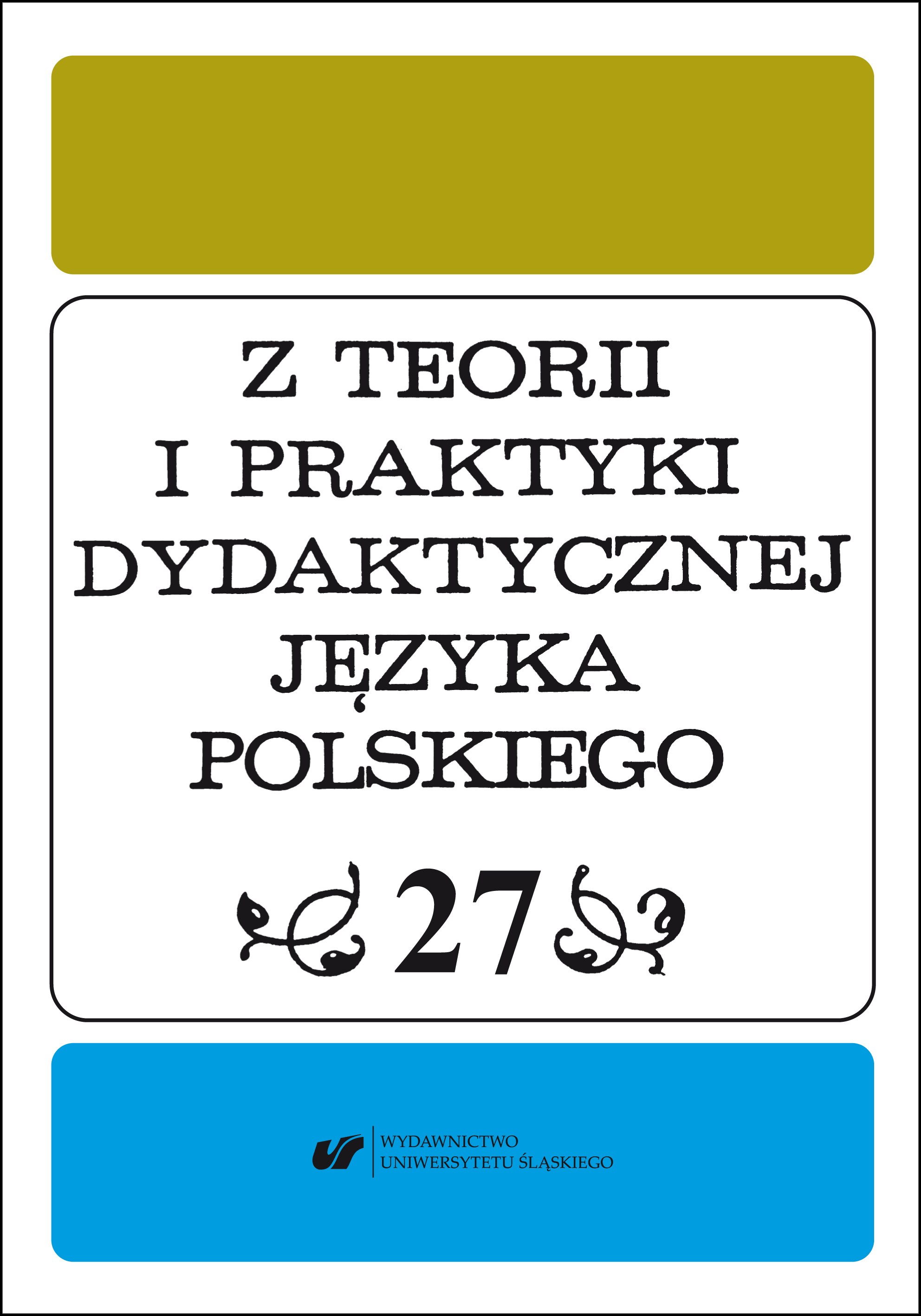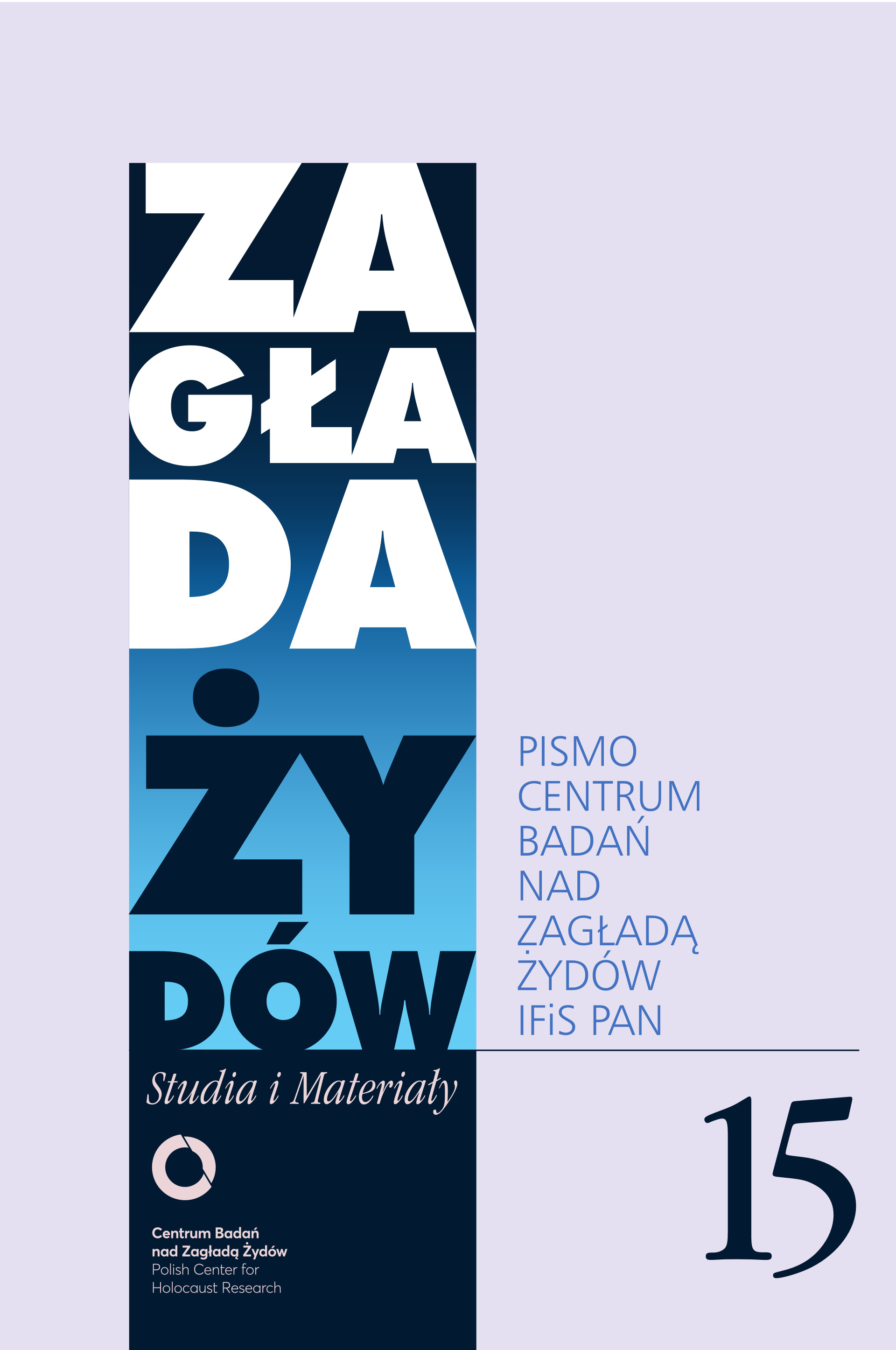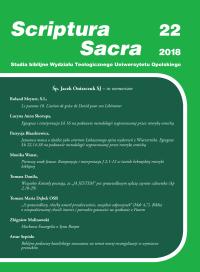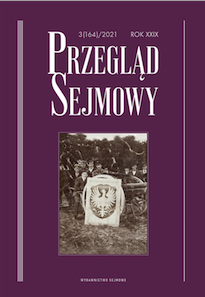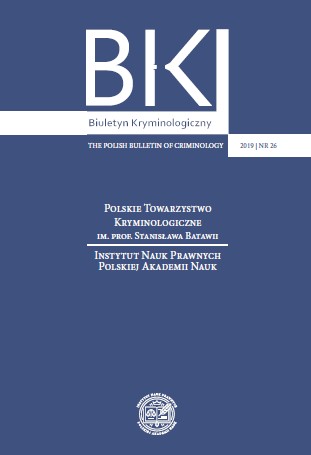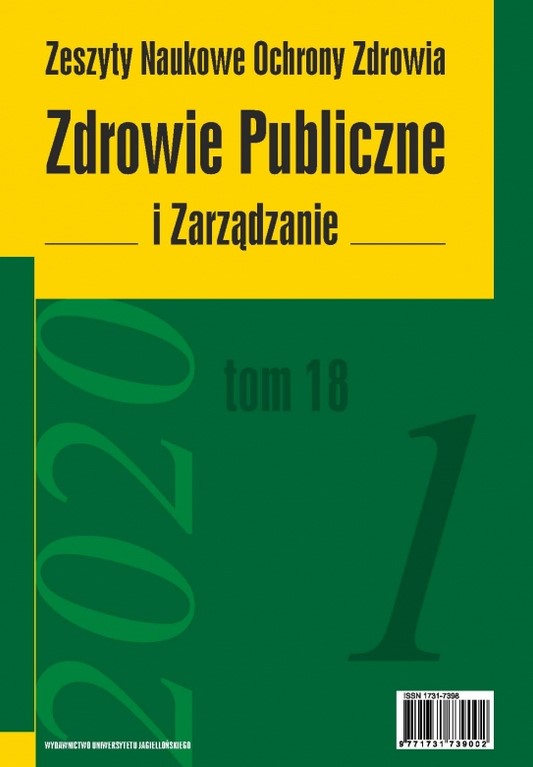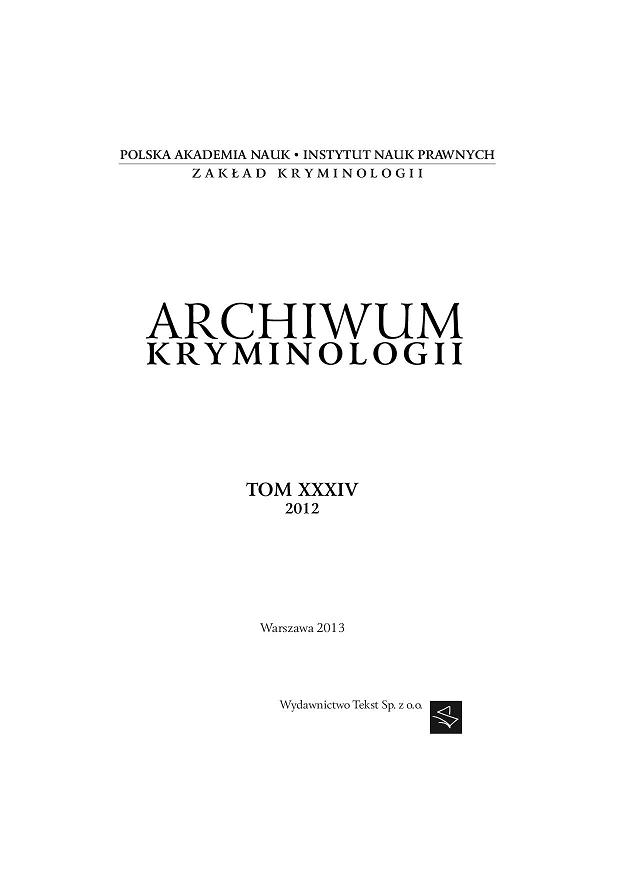
Analysis of proceedings in criminal courts and in juvenile courts in selected cases of criminal deeds committed by perpetrators between15 and17 years
Odpowiedzialność nieletnich za czyny z art. 10 § 2 k.k. przed sądem rodzinnym i przed sądem karnym
Keywords: JUVENILE PERPETRATORS; CRIMINAL COURT; DEMORALIZED;
The article describes results of research made in Instytut Wymiaru Sprawiedliwości (Institute of Justice) which aimed to specify factors and circumstances influencing tougher penalties for wrongful deeds committed by persons between 15 and 16 years old and to draft a profile of juvenile perpetrators of most dangerous criminal deeds. 292 cases were analysed, of which 71 in criminal courts and 221 in family courts . Cases concerned wrongful deeds under article 10 paragraph 3 of criminal code as of 2004-2008. 375 juvenile perpetrators were studied, of which 134 cases were judged in care and education proceedings, 114 cases in correctional proceedings, and 82 juvenile delinquents were tried in a criminal court. The file research questionnaire included seven parts to examine: the wrongful deed and circumstances of its commitment, characteristics of the juvenile delinquent, information about the injured persons, the course of the preparatory proceedings, proceedings before the court, and the sentenced measures and appeal against them. Information obtained from the research allowed for numerous conclusions. Most of all, it allowed to evaluate the practice of sentencing in cases of juvenile perpetrators of most serious crimes, in particular to evaluate the possibility to sentence the juvenile delinquent under article 10 paragraph 2 of the criminal code. In general, this evaluation is positive. It also appeared that the policy of exceptional penal measures for under age persons has remained the same in the recent years. The cases are not numerous, just as they were not in the past, which supports the idea that possibility of bringing juvenile delinquents to the criminal court is used rather cautiously and as an exception to the rule, in cases of the most drastic character and committed by more demoralized young persons who committed crimes under influence of alcohol, used violence, and dangerous tools. The juvenile who were tried in criminal courts, more often than ones who were tried in family courts, cooperated with adults and acted to the detriment of adults (they caused death of the victim in one fifth of cases ). More of them had been tried in family courts, and educational or correctional measures had failed. In 95% of the cases tried in crim-inal courts the researchers were convinced of the rightness of such method of treatment, and only in few cases tried in family courts there were doubts if not using the article 10 paragraph 2 of criminal code was right because of definitely negative prediction and serious character of the wrongful deed. Assessment if decision was right was difficult as information in the court files were laconic and sporadically even lacked sufficient personal information – particularly in cases qualified for care and education proceedings.
More...
